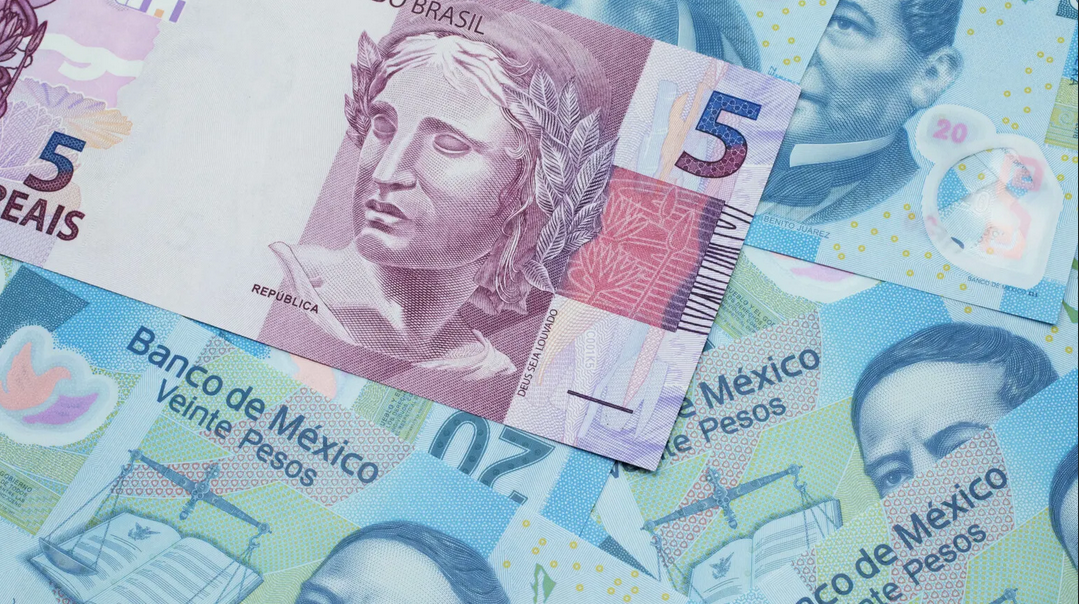Brazil, famous for its vibrant culture and lush landscapes, also boasts a dynamic financial market that’s deeply intertwined with its rich natural resources. The Brazilian Real (BRL) is the currency at the heart of this vibrant economy, and understanding its intricacies is crucial for any forex trader looking to tap into Brazil’s potential.
Brazil’s economy is largely driven by its abundant natural resources, particularly in the agricultural and energy sectors. As one of the world’s largest exporters of sugar, coffee, and soy, Brazil’s financial health is closely linked to the global demand and pricing of these commodities. For instance, a surge in global coffee prices can bolster the Real, while a slump can weaken it. Similarly, the oil sector plays a significant role; Brazil’s offshore oil reserves are among the largest globally. Fluctuations in oil prices, driven by geopolitical events or changes in international policies, can have a substantial impact on Brazil’s economy and, consequently, the value of the BRL. Traders must stay informed about these sectors to anticipate market movements effectively.
In addition to natural resources, Brazil’s manufacturing and service industries are key pillars of its economy. Major industrial hubs like São Paulo and Rio de Janeiro attract significant foreign investment, providing valuable insights into economic trends and aiding in forex trading strategies. These cities are the economic engines of Brazil, influencing both domestic and international investor sentiments.
A critical component of Brazil’s financial landscape is its central bank, which plays a pivotal role in maintaining economic stability and growth. The central bank’s monetary policies, particularly interest rate adjustments, directly affect the BRL. Higher interest rates tend to attract foreign capital, strengthening the Real, while lower rates might lead to capital outflows and a weaker currency. However, interest rates are just one piece of the puzzle. Brazil’s involvement in the BRICS group (comprising Brazil, Russia, India, China, and South Africa) also affects its economic trajectory. Economic changes in one BRICS country can reverberate through the others, impacting the BRL. Thus, forex traders need a global perspective to understand these interconnected economies fully.
The bond market is another fascinating aspect of Brazil’s financial sector. Bonds issued by developing countries like Brazil often offer higher yields compared to those from developed nations. These attractive yields can drive demand for the BRL, influencing its value. Traders must consider bond market movements as part of their broader forex strategy.
Technology has revolutionized forex trading, making it accessible to a broader audience. Modern trading platforms provide real-time data, advanced analytics, and seamless transaction capabilities, empowering even novice traders to navigate the market. However, this convenience comes with the responsibility to stay informed and make well-judged decisions in a rapidly changing environment like Brazil’s. The influx of technological tools has democratized trading but also demands a continuous learning curve to keep pace with market dynamics.
Brazil’s financial markets offer a wealth of opportunities for those willing to dive deep into their complexities. The interplay of natural resources, industrial prowess, central bank policies, and global economic trends creates a multifaceted trading environment. The Brazilian Real moves to a rhythm that reflects the nation’s economic diversity and global connections. To succeed, traders must blend technical skills with a profound understanding of these varied influences. Navigating Brazil’s forex market is much like participating in the country’s famous carnivals—it’s a lively dance of risk and reward, requiring agility, insight, and a keen sense of timing.
In essence, Brazil’s currency market is a microcosm of its broader economic landscape, characterized by rich resources, industrial strength, and a strategic global position. For forex traders, it presents a unique blend of challenges and opportunities. Mastering this market means keeping a finger on the pulse of global commodity prices, staying attuned to domestic economic policies, and leveraging technological advancements to make informed trading decisions. The journey into Brazil’s forex market is as exhilarating as it is complex, offering the promise of significant rewards for those who navigate it with skill and insight.
